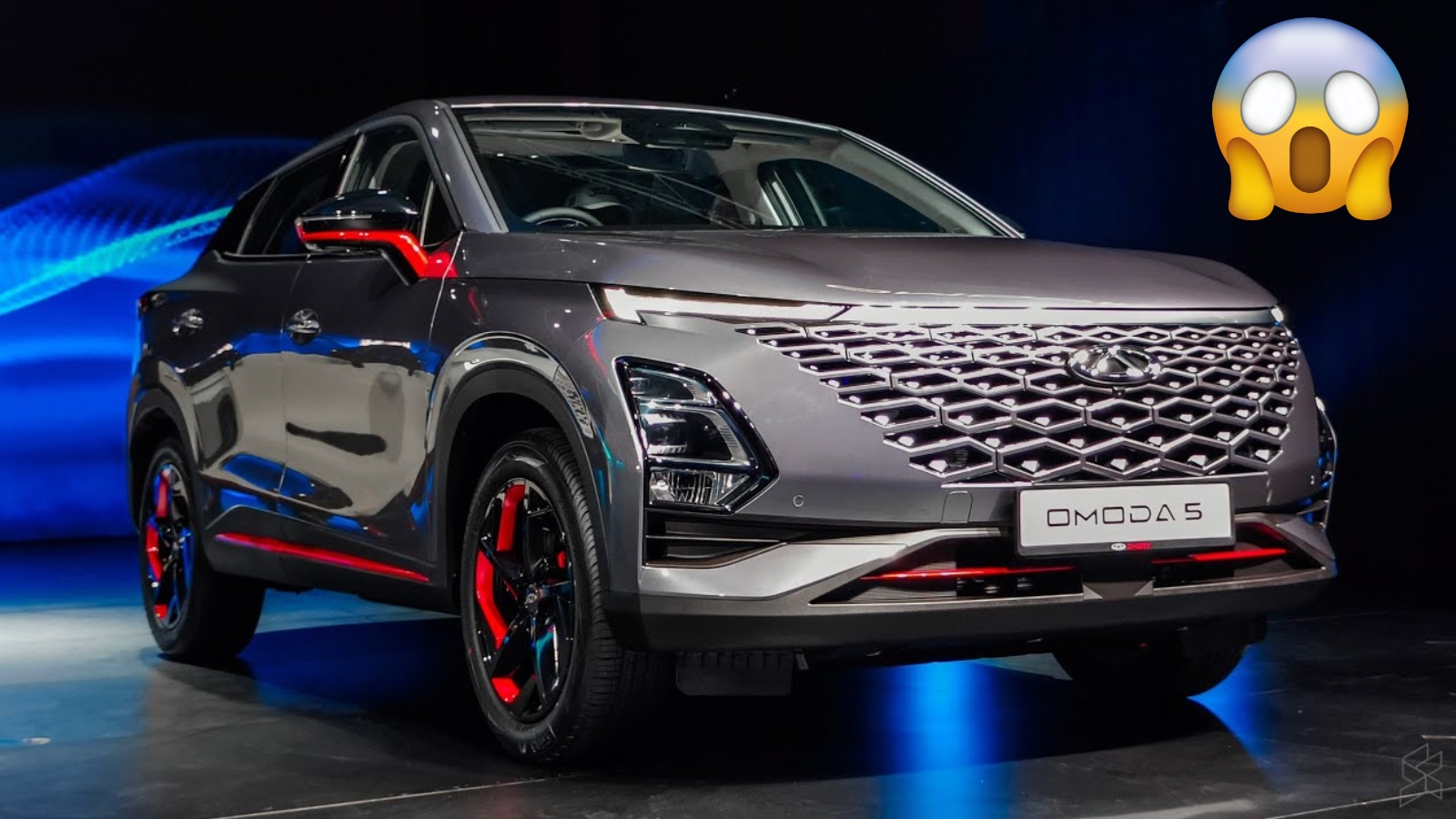The automotive world is experiencing a fundamental shift in what defines luxury. Gone are the days when leather-wrapped steering wheels and powerful engines were the sole indicators of a premium vehicle. Today’s car buyers, particularly younger generations, are redefining luxury through the lens of technology and smart features.
The Technology Revolution in Affordable Cars
Gary Lan, UK chief of Omoda Jaecoo, recently shared insights that challenge traditional automotive thinking. His perspective highlights how modern drivers expect their vehicles to match the intelligence of their smartphones. This expectation has transformed the entire approach to vehicle design and feature integration.
The shift isn’t just theoretical—it’s happening in showrooms across the country. Features that were once exclusive to six-figure luxury saloons are now appearing in vehicles priced under £30,000. This democratization of technology is reshaping consumer expectations and purchasing decisions.

What Smart Features Really Mean to Drivers
Today’s tech-savvy buyers aren’t just looking for flashy gadgets. They want practical solutions that enhance their daily driving experience. Air purification systems help those with allergies breathe easier during commutes. Acoustic glass reduces road noise, creating a more peaceful cabin environment. Even fragrance dispensers add a personal touch to the driving experience.
These aren’t gimmicks—they’re genuine quality-of-life improvements that drivers notice and appreciate. The feedback from dealerships confirms this trend, with customers discovering features they never realized they needed until they experienced them firsthand.
The Generational Divide in Car Expectations
Younger Buyers Drive Change
Millennials and Gen Z approach car buying differently than previous generations. They’ve grown up with smartphones, smart homes, and connected devices. Naturally, they expect their vehicles to integrate seamlessly into their digital lives.
This generation values connectivity, convenience, and customization over traditional luxury markers. They’re more likely to choose a well-equipped compact car with advanced tech over a larger vehicle with fewer smart features.
Traditional Luxury vs Modern Expectations
The contrast between old and new luxury definitions is striking:
| Traditional Luxury Features | Modern Smart Luxury Features |
|---|---|
| Premium leather upholstery | Smartphone integration |
| Powerful engine performance | Air purification systems |
| Handcrafted wood trim | Voice-controlled interfaces |
| Manual luxury controls | Automated comfort settings |
| Engine sound enhancement | Noise cancellation technology |
| Physical button controls | Touchscreen customization |
Real-World Impact on Car Buying
The practical implications of this shift are already visible in the marketplace. Omoda’s approach of offering comprehensive technology packages at competitive prices has resonated with consumers. Their strategy of providing extensive breakdown coverage also addresses a key concern—what happens when all this technology fails?
Building Consumer Confidence
Smart features are only valuable if they work reliably. Omoda’s decision to include 70,000 miles of RAC breakdown cover demonstrates understanding of consumer concerns about complex technology. This coverage provides peace of mind for buyers who might worry about sophisticated systems requiring specialized maintenance.
The Autonomous Driving Challenge
Why Full Autonomy Isn’t Here Yet
Despite rapid technological advancement, fully autonomous vehicles face significant obstacles in the UK market. The unique characteristics of British roads present particular challenges that manufacturers must address before deploying self-driving technology.
Infrastructure Limitations
Roundabouts, prevalent throughout the UK, create complex navigation scenarios that current autonomous systems struggle to handle reliably. Additionally, the condition of many British roads, including numerous potholes, presents challenges for sensors and cameras that autonomous systems rely upon.
Connectivity Concerns
Reliable internet connectivity remains crucial for advanced autonomous features. The variable quality of mobile data coverage across different regions of the UK creates inconsistencies that manufacturers must consider when developing and deploying these systems.
The Future of Car Luxury
The transformation of automotive luxury continues evolving rapidly. As technology becomes more sophisticated and affordable, we can expect even more advanced features to become standard in mainstream vehicles.
Smart integration will likely expand beyond current offerings. Future developments might include predictive maintenance alerts, personalized climate control that learns individual preferences, and enhanced connectivity features that seamlessly blend vehicles with smart home systems.
The key insight from this shift is clear: modern car buyers prioritize functionality and innovation over traditional status symbols. They want vehicles that enhance their lives through intelligent design and thoughtful technology integration, not just impressive specification sheets.
Frequently Asked Questions
Q: Are smart car features reliable enough for daily use?
A: Modern smart features are increasingly reliable, with manufacturers offering extended warranties and breakdown coverage to ensure customer confidence.
Q: Do these tech features significantly increase car prices?
A: Many smart features are now included in cars under £30k, making advanced technology more accessible than ever before.
Q: Will traditional luxury features disappear completely?
A: Traditional elements remain important, but they’re being complemented and sometimes replaced by smart technology that offers practical daily benefits.
